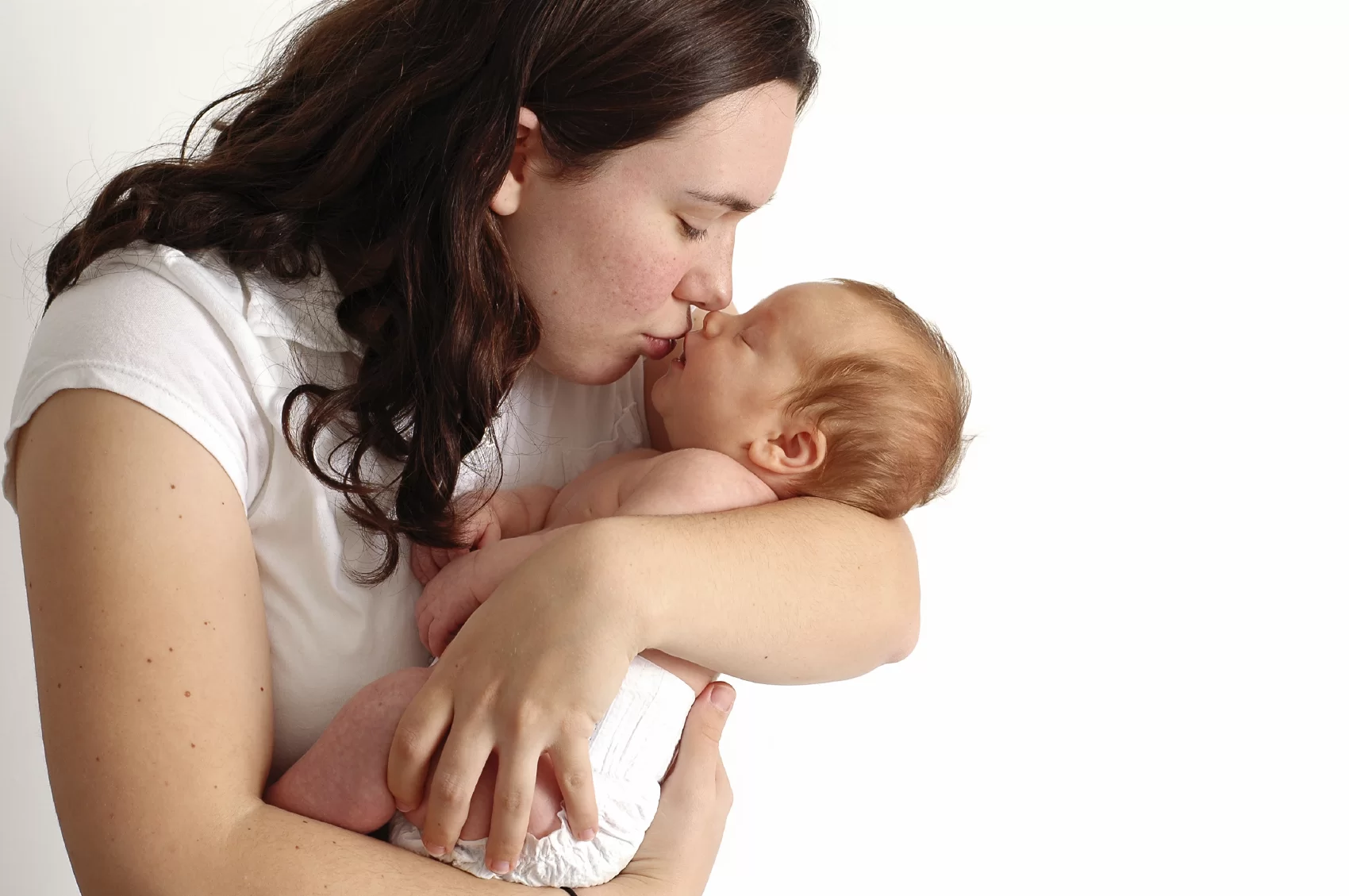Becoming a Mother with IVF is a life-changing and emotional experience, but for many women, the journey to motherhood through in vitro fertilization (IVF) can come with unique psychological challenges. While IVF offers hope and the possibility of parenthood, the process itself can be physically, emotionally, and mentally taxing. The ups and downs of fertility treatments, including the uncertainty of success, the emotional strain of failed cycles, and the pressure to achieve a successful pregnancy, can take a toll on mental well-being.
In this blog, we will explore the psychological effects of becoming a Mother with IVF and the critical importance of having a strong support system during this journey. Emotional support from partners, family, friends, and mental health professionals can make a significant difference in helping women navigate the challenges of IVF. Understanding the emotional complexities of IVF can empower women to seek the help they need and promote mental health while they pursue their dreams of becoming mothers.
Becoming a Mother with IVF: Emotional and Psychological Challenges
Becoming a Mother with IVF can be a deeply rewarding experience, but it often comes with a range of emotional and psychological challenges. The process of IVF is emotionally intense, as it involves multiple stages of medical procedures, hormonal treatments, and waiting for results, each of which can cause stress and anxiety. For many women, the uncertainty of the outcome and the emotional rollercoaster of failed cycles can lead to feelings of disappointment, sadness, and frustration. The pressure to succeed can also create feelings of guilt or inadequacy, especially if IVF does not result in a successful pregnancy on the first attempt.
Moreover, the long journey of fertility treatments may strain relationships, as couples face challenges together and cope with the emotional weight of the process. For those who experience a successful pregnancy, the emotional intensity often continues, as there can be lingering anxiety about the health of the baby, along with the typical stress and adjustment that comes with becoming a new mother. The psychological toll of IVF is real, and it’s important for women undergoing this journey to seek emotional support, whether through partners, friends, or professional counseling, to help manage the stress and foster mental well-being throughout the process.
Psychological Reflections of IVF Failures and Desire for Motherhood
The emotional and psychological impact of IVF failures can be profound, especially for women who have an intense desire for motherhood. Each failed IVF cycle can feel like a personal loss, leading to feelings of grief, disappointment, and even self-blame. The repeated cycles of hope and heartache can create a sense of emotional exhaustion, as women navigate the highs of optimism followed by the crushing lows of negative results. The desire for motherhood becomes a central part of their identity, and the inability to conceive through IVF can challenge not only their expectations but also their sense of self-worth.
Moreover, the desire to become a mother can intensify these feelings, as the pressure to succeed mounts with each attempt. The societal and familial expectations surrounding motherhood may further exacerbate feelings of inadequacy or isolation, especially when IVF treatments do not result in the desired outcome. For many, the struggle to cope with IVF failure can lead to a sense of disconnection from others, and sometimes even from their own bodies, which may feel like they have betrayed them. It is crucial for individuals experiencing these emotional struggles to seek support, whether through counseling, support groups, or open conversations with loved ones, to help them process their emotions and preserve their mental health while continuing on their journey to motherhood.
Support System and Motherhood in the IVF Process: Importance for Emotional Health
Becoming a Mother with IVF journey can be emotionally overwhelming, making a strong and reliable support system essential for emotional well-being. The physical and psychological challenges of IVF treatments can often leave women feeling isolated or emotionally drained, especially during periods of uncertainty or failure. Having a support network, including partners, family, friends, and mental health professionals, plays a crucial role in helping women navigate the ups and downs of the IVF process. Emotional support provides reassurance, comfort, and encouragement, allowing women to feel heard, understood, and less alone in their struggles.
Partners, in particular, play an important role in offering empathy and shared strength, while family and friends can provide practical and emotional assistance. Additionally, seeking professional support, such as therapy or counseling, can help women manage the stress, anxiety, and grief that may accompany the IVF journey. A strong support system not only helps women cope with the emotional toll of fertility treatments but also nurtures a sense of hope and resilience, which is vital for maintaining mental health and moving forward. Ultimately, emotional well-being during the IVF process is essential for a positive outcome, both mentally and physically, and helps ensure that women are empowered to continue their path to motherhood.
Psychological Support in Pregnancy with IVF: Stress, Anxiety and Coping Methods
Pregnancy through in vitro fertilization (IVF) can bring about a unique set of emotional challenges, particularly stress and anxiety. The process of IVF itself often involves intense physical, emotional, and financial strain, with the uncertainty of outcomes adding further pressure. Many individuals undergoing IVF may feel anxious about the success of the treatment, fear of miscarriage, or concerns about the health of the baby. Additionally, the hormonal fluctuations associated with IVF can heighten mood swings and feelings of vulnerability. Psychological support during this time is essential in helping individuals manage these emotions. Coping methods such as mindfulness, relaxation techniques, cognitive-behavioral therapy, and support groups can provide significant relief. Engaging in open communication with a partner, family, or a therapist also helps create a strong emotional support network. Taking time for self-care and focusing on activities that bring joy and calmness can foster resilience and improve overall well-being throughout the IVF journey.


